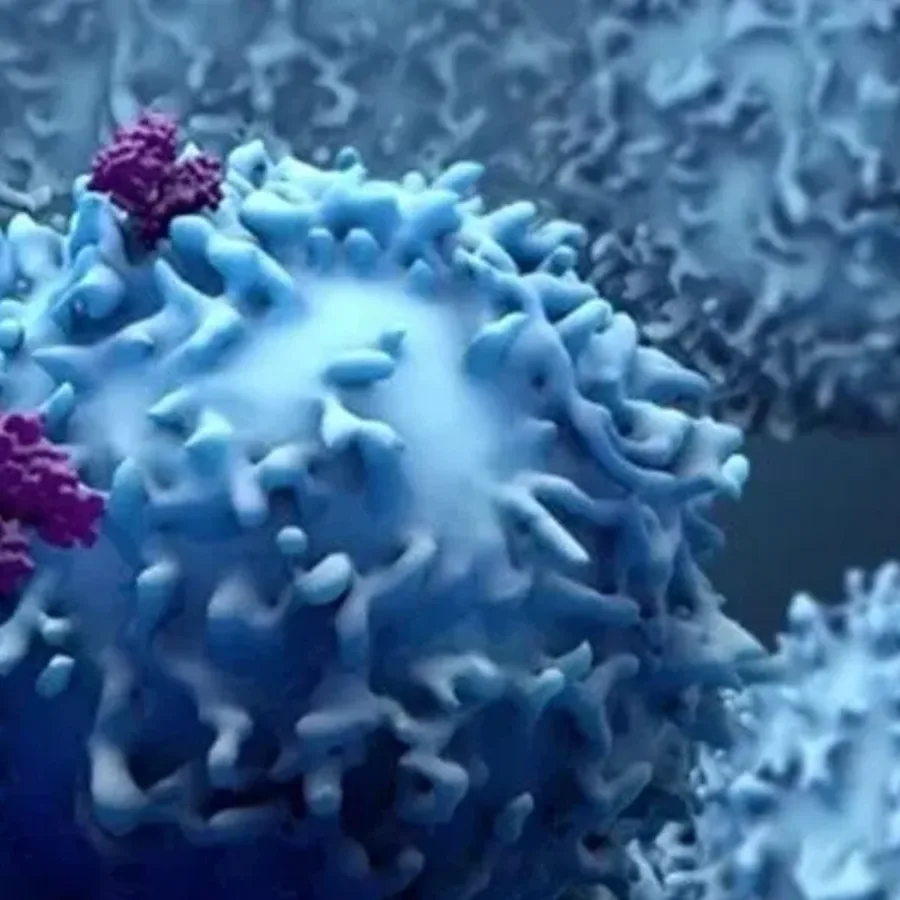 Blogs
Blogs
Due to its ability to analyze multiple parameters across different cell types within a sample, flow cytometry provides rich and clinically valuable data sets from even small volumes of blood. However, flow cytometry is a challenging platform to master, and requires significant investment in equipment and technical training.
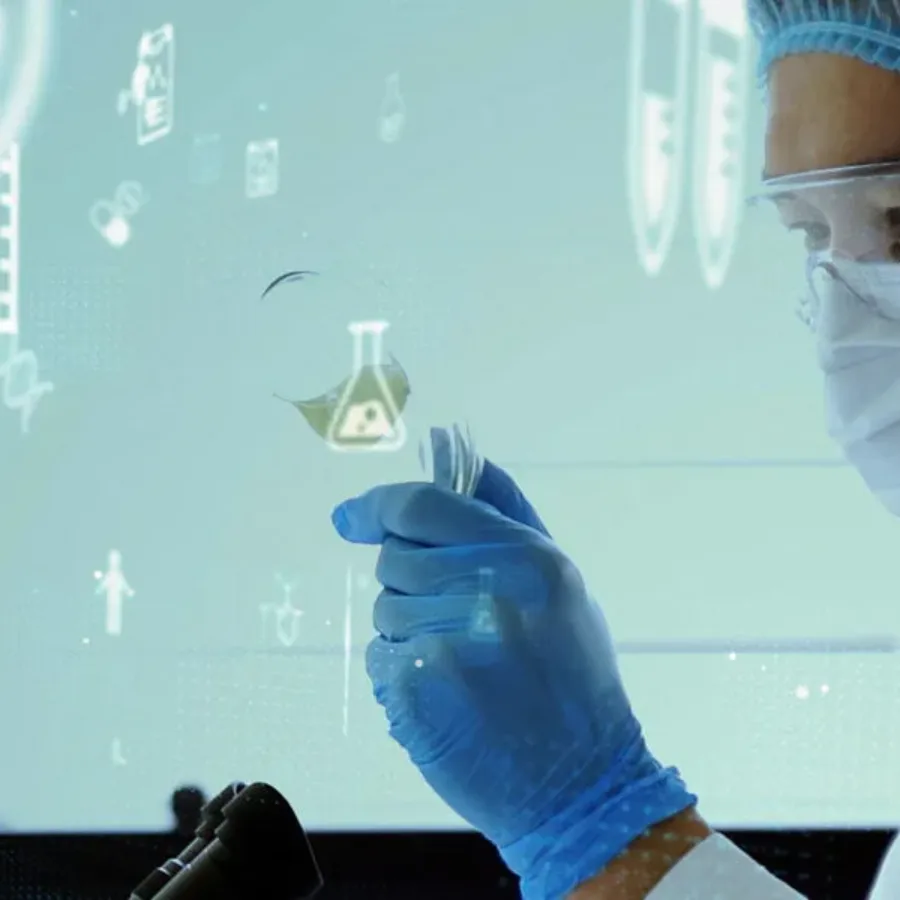 webinars
webinars
Being produced by Xtalks on Friday, June 24, 2022 | 12pm EDT (NA) / 5pm BST (UK) / 6pm CEST (EU-Central) 60 min Webinar Description: Cell and gene therapies (CGTs) are types of treatment that use cellular or genetic material with the goal of treating a disease or a…
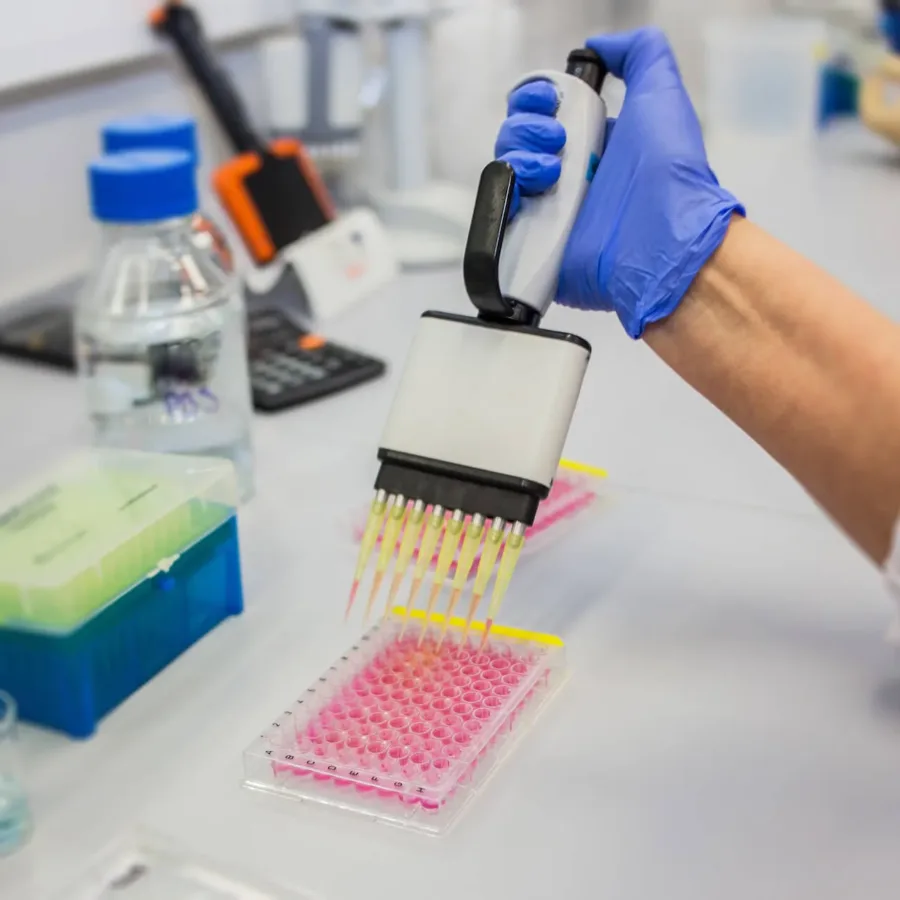 Blogs
Blogs
Introduction of CAR-T Therapy T lymphocytes are engineered with synthetic receptors known as chimeric antigen receptors (CAR) in CAR-T Cell therapy. The CAR-T cell is an effector T cell that recognizes and eliminates specific cancer cells, independent of major histocompatibility complex molecules. (Zhai et al. 2018). Chimeric antigen receptors (CARs) cells have recombinant receptor constructs expressed in T cells to target cells expressing specific antigens.
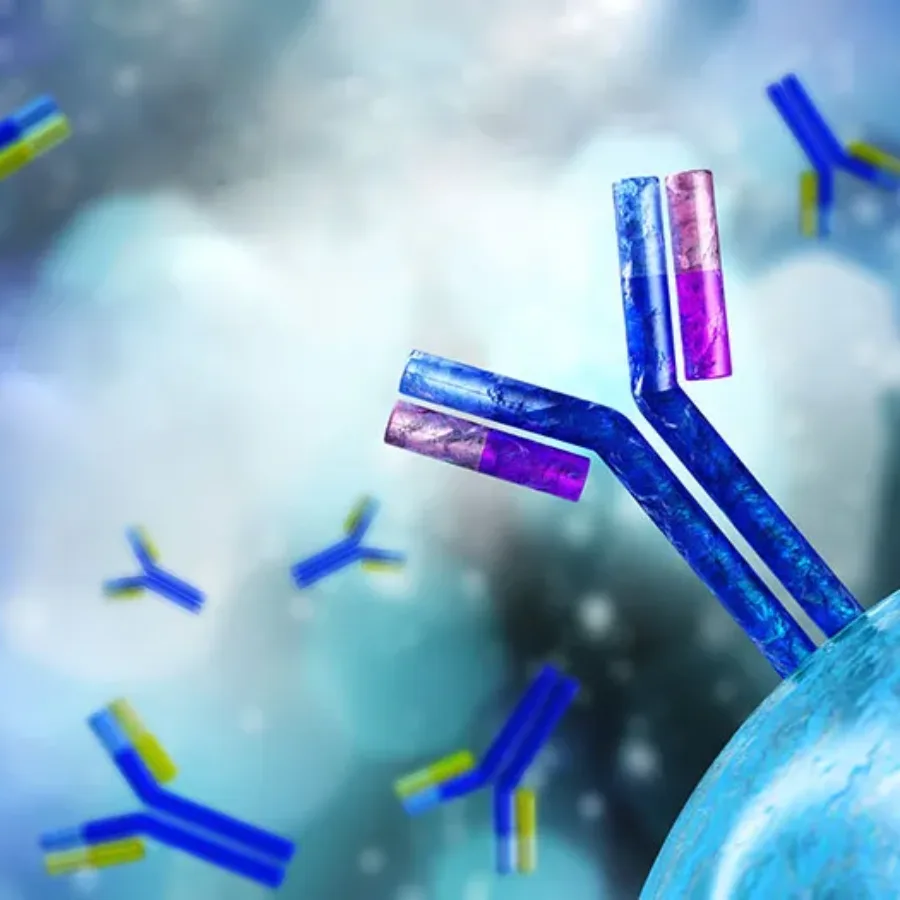 Blogs
Blogs
Flow Cytometry utilizes fluorescently labeled antibodies to detect specific biomarkers on the surface and within cells, and over the past few years, there has been a surge in reagents available for flow cytometry applications. Most of these have been developed using monoclonal antibodies raised in mice and conjugated to a range of fluorophores. However, there are still instances where suitable monoclonal antibody reagents/conjugates are not commercially available, and small-scale conjugations are not practical. In these instances, so-called indirect staining may be employed, where the binding of an unconjugated primary antibody is detected using a secondary anti-IgG antibody conjugate.
 Blogs
Blogs
With the rapid progress of immune-modulating drug development, flow cytometry has found itself increasingly at the forefront of clinical trial assessment of safety and efficacy. This is not without challenges since flow cytometry analysis can be complicated and expensive, too often employs idiosyncratic experimental and analytical methods. So how can a platform without standardized methods and processes, be successfully applied to evaluate clinical endpoints?
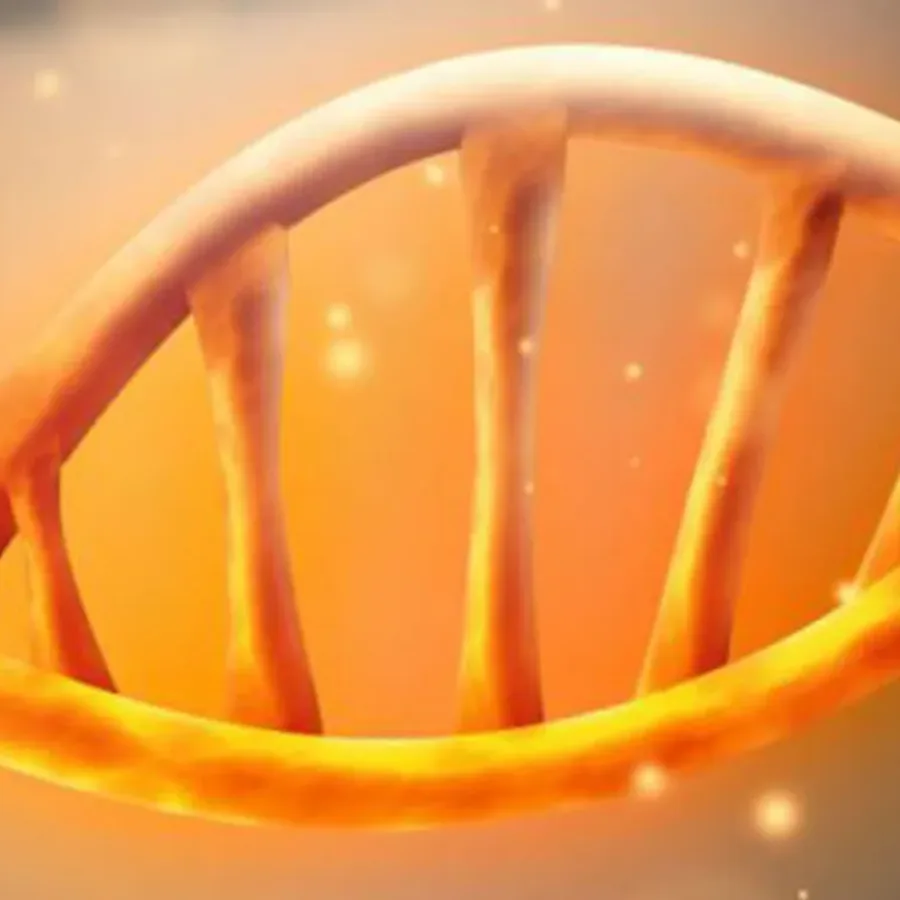 Blogs
Blogs
As a Senior Director for Discovery in the pharma division at KCAS, I would like people to think of “Bioanalytical Discovery” as a stage in drug development; one where you are doing your final…
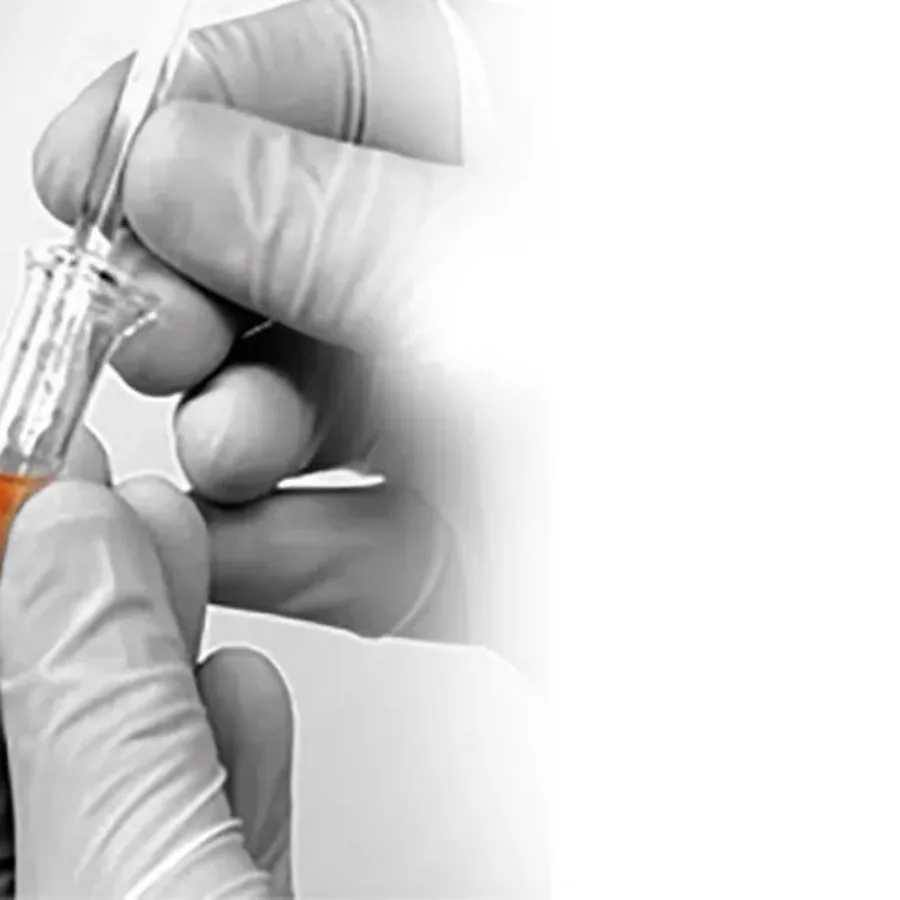 Blogs
Blogs
Tissue and Non-Liquid Matrices (such as cell lines, red blood cells, PBMCs, bone marrow aspirates, and suspension cells) are valuable matrices[] to test for biomarkers (PD) and drug levels (PK). Testing of tissues and…
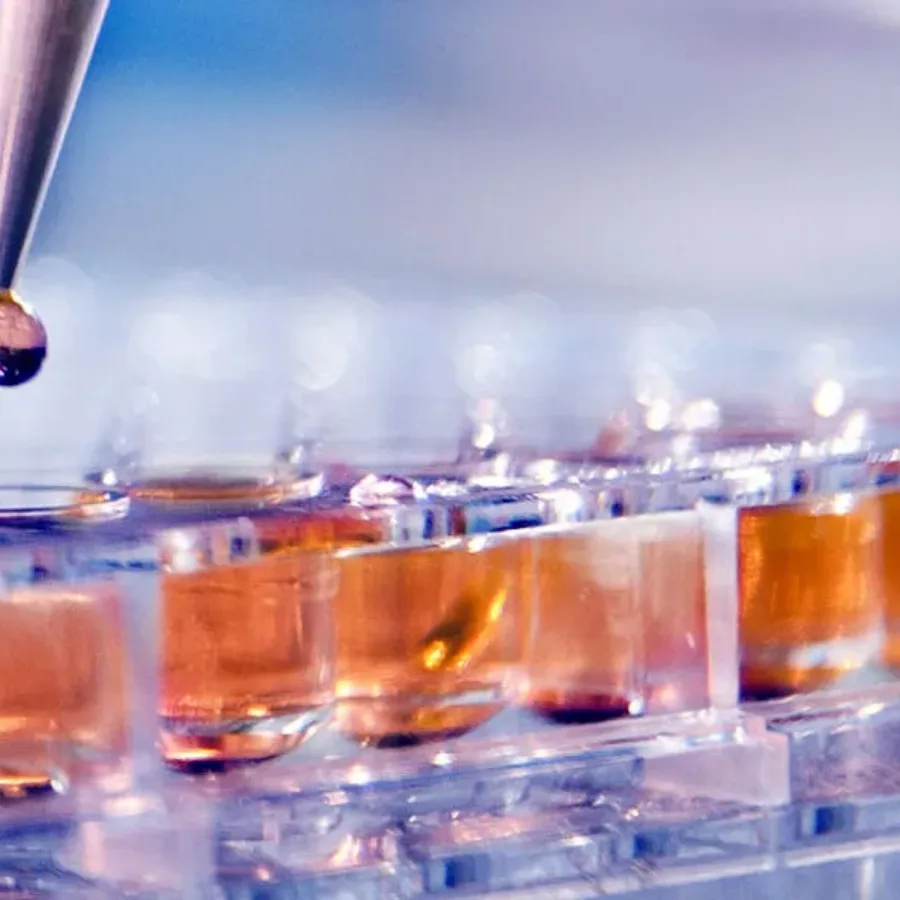 Blogs
Blogs
Pharmacodynamics (PD) is defined as the study of the biochemical and physiological effects of drugs and the mechanisms of their actions. Where pharmacokinetics looks at how the organism processes the drug, pharmacodynamics studies how…
 Blogs
Blogs
Biomarkers can be defined and utilized for many purposes. There are disease biomarkers as well as mechanistic or pharmacological biomarkers. To reduce attrition and better understand a therapeutic, it is essential to be able to monitor the effectiveness of the therapeutic during drug development. Measurement of biomarker levels related to…
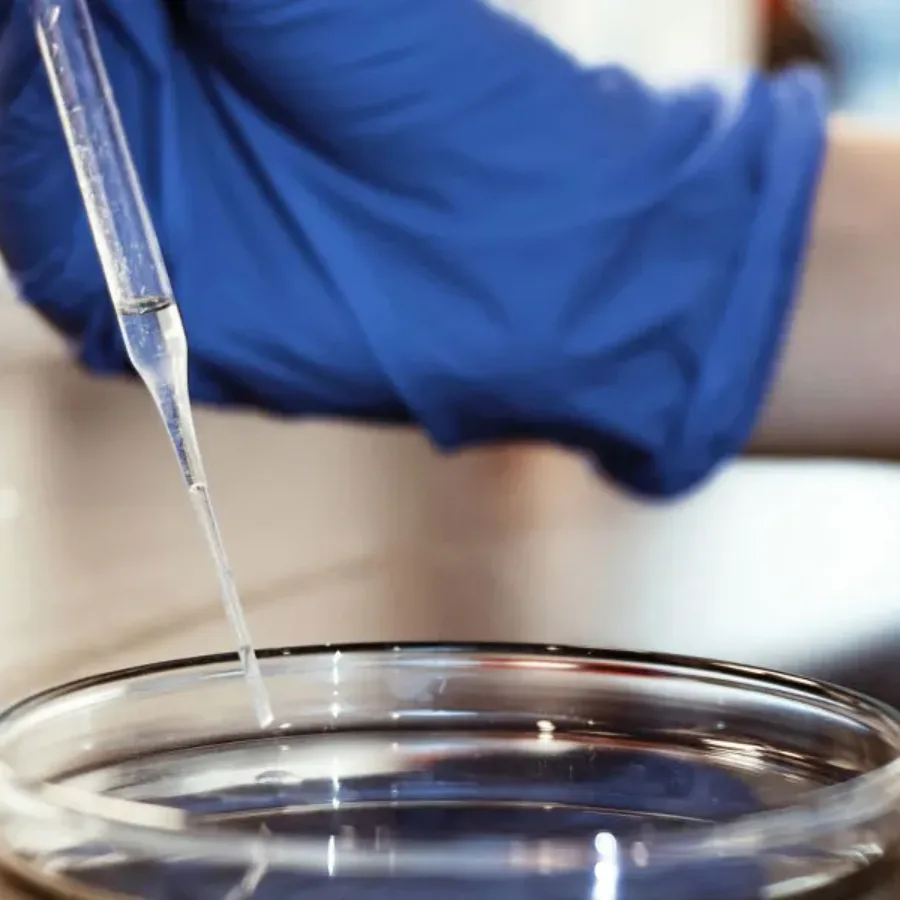 Blogs
Blogs
I have been studying Biological Markers (biomarkers) for over 25 years, but last 5 years they have exploded and become a key bioanalytical component to a drug’s success. Biomarkers are used to support drug…
 Blogs
Blogs
Thank you for your interest in learning about KCAS. Founded in 1979, KCAS has become one of the fastest growing Bioanalytical and Biomarker facilities within our industry. KCAS is a progressive growing contract research…
 Blogs
Blogs
Biomarkers are key drivers in the drug development process. Frequently, developing a panel of biomarkers to test a particular mechanism or hypothesis is critical to the success of a drug. At KCAS, we develop assays for custom panels or individual biomarkers based on client needs and can also assist with…